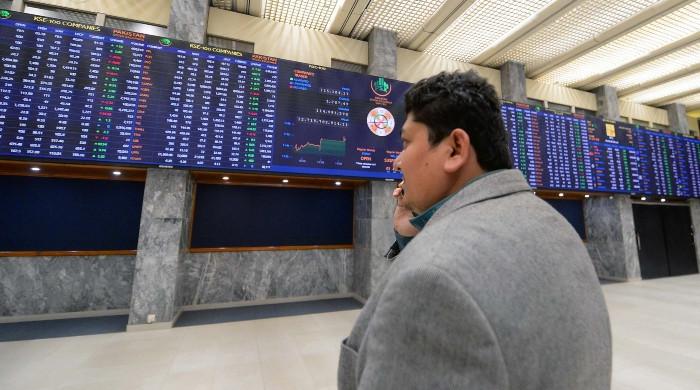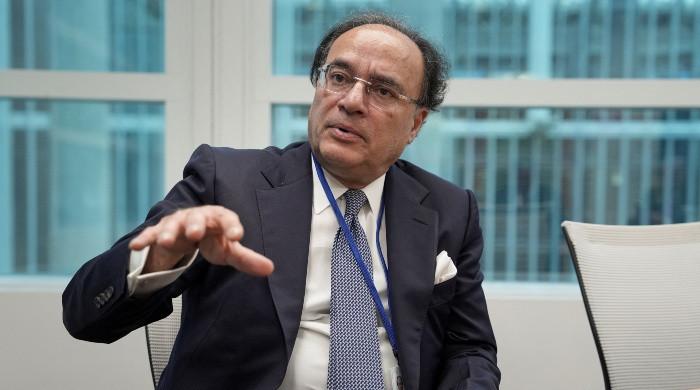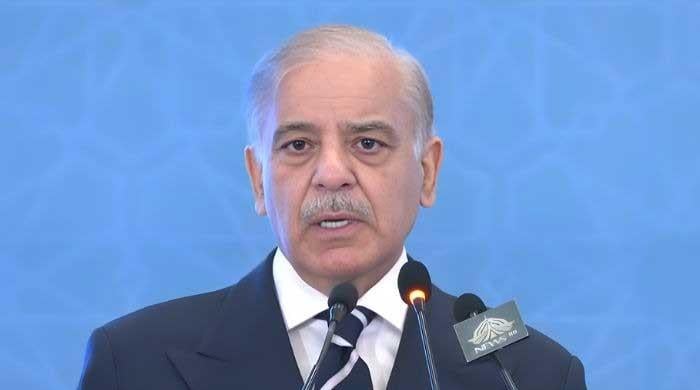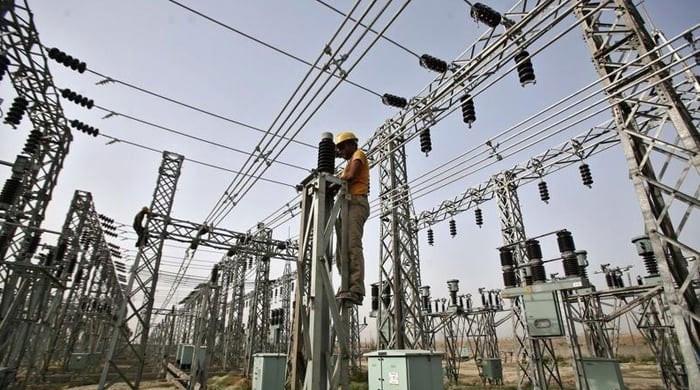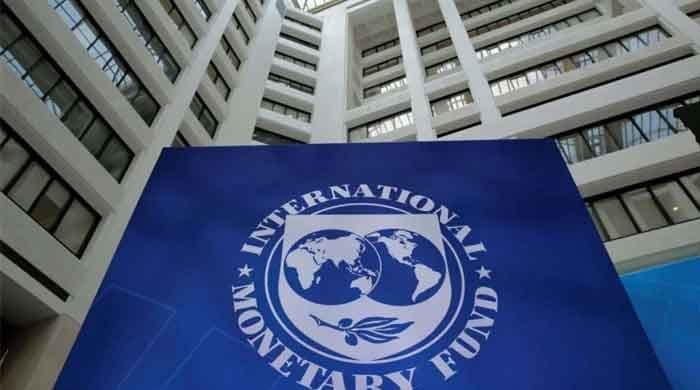Cooking oil, ghee shortage looms ahead of Ramadan
Maximum of only 10 days of ghee supply available in market
March 23, 2022
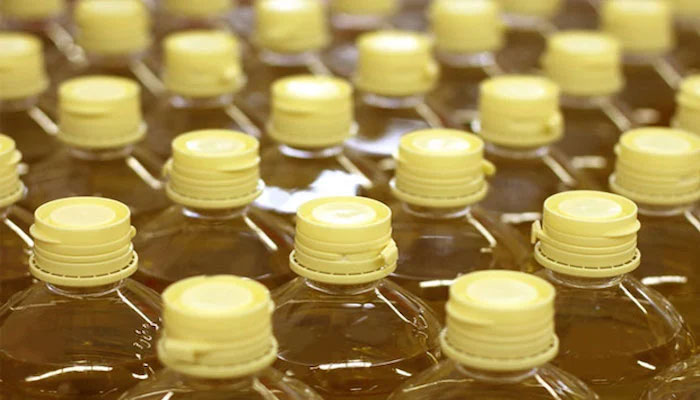
- Cooking oil and ghee shortage looms ahead of Ramadan in Pakistan.
- Ministry of Industries and Production holds the Federal Board of Revenue (FBR) responsible for any crisis in Ramadan.
- The FBR did not implement decisions of federal finance minister meeting which was held on February 24 2022.
LAHORE: Due to the alleged mismanagement of the concerned authorities, a cooking oil and ghee shortage looms ahead of the holy month of Ramadan in the country.
As per the details, only 150,000 tons edible oils left with the industry is limited for two weeks production while the global supplies are adversely affected following Russia-Ukraine war. Further, only maximum 10 days ghee supplies are available in the market.
According to the Ministry of Industries and Production (MoIP) office memorandum (OM) F.No.1(03)/2020-NFC-ROP dated March 20, 2022, a copy of which is available with The News, written to the Finance Minister Shaukat Tarin, the MoIP held the Federal Board of Revenue (FBR) responsible for any crisis in Ramadan.
The FBR did not implement the decisions of the federal finance minister meeting which was held on February 24 2022.
In the meeting, which was chaired by Finance Minister Shaukat Tarin and attended by the FBR, MoIP and Pakistan Vanaspati Manufacturers Association (PVMA) officials, the minister sought the proposals of reducing ghee prices alongside stabilising the supplies. Consequently, the PVMA suggested the government to fix the Import Tariff Price (ITP) on the raw edible oil on an average price from July 1, 2021 to January 31, 2022 for levying duties and taxes.
Furthermore, the applicability of Section 8 B (1) of Sales Tax Act 1990 for the purpose of sales tax input adjustment up to 90 percent to be suspended and allow 100 percent sales tax input adjustment till June 30, 2022, in order to improve the cash flow situation of importers cum manufacturers of edible oil, since the prices have surged to around USD 1,750/- PMT C&F.
The OM asked the FBR to make following interventions on war footing, a) 00 Percent Input Adjustment may be allowed u/s 8B of the Sales Tax Act 1990, b) fixation of minimum price for the purposes of sales tax on import of palm oil etc.
“If the facilitations are not extended to the edible oil sector and if any shortage happens in month of Ramadan FBR will be responsible,” the OM stated. The FBR to take immediate steps as per decision in meeting dated 24.2.22 held under chairmanship of Minster for Finance and Revenue. However, the FBR chairman ruled out reducing the ITP and suspending the Section 8-B (I) of Sales Tax Act as well.
Further, FBR Chairman Muhammad Ashfaq in his response stated that ‘regarding decision that FBR shall waive off compulsory payment of 10% of output sales tax under Sales Tax Act, 1990 till 30.6.22, it is stated that there is no compulsory payment of 10% ST on output rather Section 8B (1) of the Sales Tax Act, 1990 ensures payment of tax liability on minimum value addition of 10%. In case input tax exceeds output tax and cannot be adjusted within a period of one year the same becomes refundable as per section 8B (2). Furthermore, section 8B has no nexus with the price or availability of edible oil rather ensures to prevent misuse of input/output adjustment of any sector.
On the fixation of the ITP, the FBR chairman FBR said the decision may not be implemented as Customs Duty is levied in specific mode with no nexus with value of imports. For example, in case of RBD Palm Oil it is Rs 10800/MT. In case of sales tax, the first proviso to section 2(46) of the Sales Tax Act, 1990 empowers the Board to fix value of taxable goods or class of goods, however, the said provision is for the purpose of fixation of minimum value of taxable goods. Resultantly, where the value at which import or supply is made is higher than the value fixed by the Board, the value of goods is the actual value at which, import or supply is made. If the purpose of determination of value for sales tax on the basis of average international price of previous months is to determine lower value than the actual transaction value of consignments, it will not only be illegal but will result in distortion of the whole mechanism. Currently, no minimum value for purpose of calculation of ST has been asked for the subject goods.
When contacted, a spokesperson of the FBR said he was not privy to documents and situation so could not be able to comment. Offices are closed in Islamabad due to OIC meetings, he said, adding that so unable to get updated information. Furthermore, he said the FBR always have the same decision whatever decision will be made by the finance minister.
Meanwhile, Indonesia, the largest suppliers of the edible oil in the world has asked the edible oil refineries to supply 30 percent of their production to the local market. As a result, the March month’s shipments were cancelled by the suppliers and now will be delivered in April while those shipments booked now in March will be delivered in May. The edible oil price remained highly volatile since the Russia-Ukraine war started. In the start of March, it once hit a peak price of $2048 per ton.




